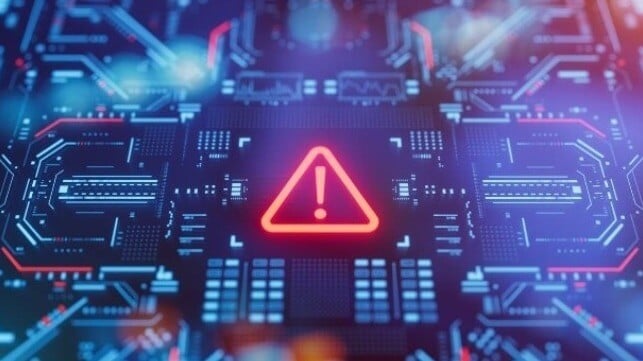Cyber Threats Loom Large: Energy Sector Sounds Alarm on Digital Vulnerabilities

Cybersecurity Threats Surge: Energy Sector Faces Unprecedented Digital Risks
In a stark revelation, DNV's latest research highlights the escalating challenge of cyberhacking within the energy industry. The class society's comprehensive survey exposes a growing digital vulnerability that is rapidly transforming the risk landscape for energy companies worldwide.
Cyber threats have emerged as a critical concern, with hackers increasingly targeting critical infrastructure and sophisticated energy systems. The survey underscores the urgent need for robust digital defense mechanisms and proactive cybersecurity strategies.
As technology becomes more interconnected, energy companies find themselves in a constant battle against sophisticated digital intrusions. The potential consequences of these breaches extend far beyond mere data compromise, potentially threatening operational stability and national energy security.
DNV's findings serve as a critical wake-up call for the industry, emphasizing the importance of continuous investment in cybersecurity infrastructure and employee training. The message is clear: in an increasingly digital world, protecting technological assets is no longer optional—it's essential.

